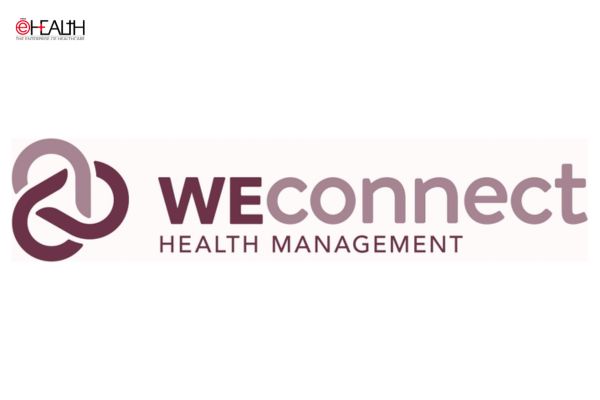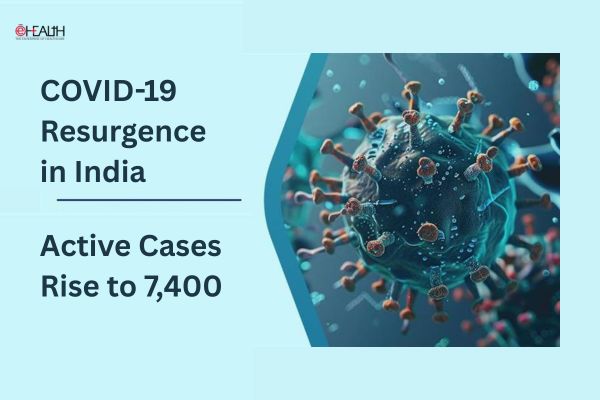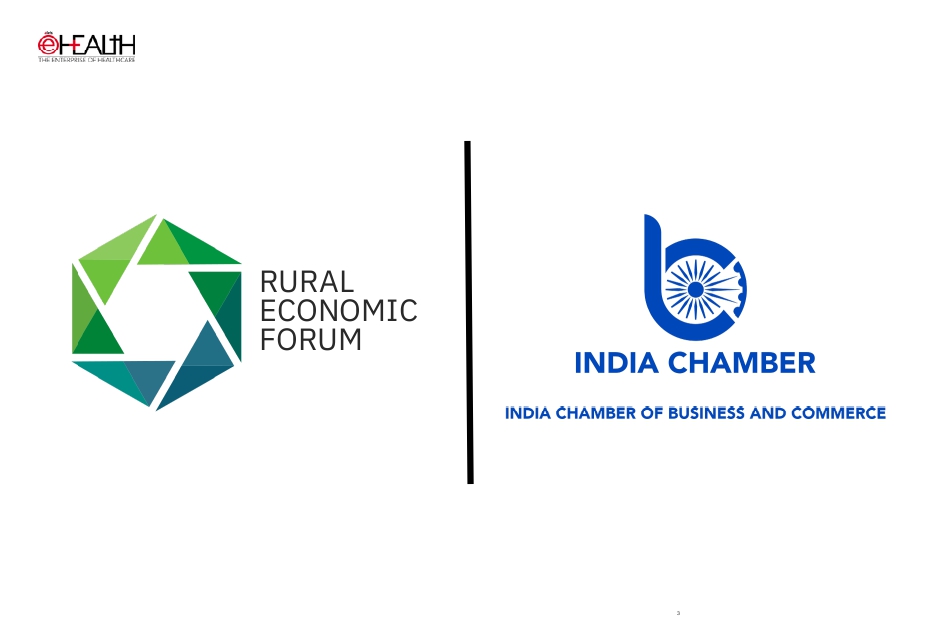
A groundbreaking study by UT Health San Antonio has unveiled the potential of a smartphone app, WEconnect Health CM, in reducing opioid use and improving treatment retention for individuals battling opioid use disorder (OUD). The app, embedded in a recovery-oriented framework, offers evidence-based contingency management (CM) and has shown remarkable results, particularly among underserved populations.
The study involved 600 participants, aged 18 and above, who were either uninsured or underinsured. The findings revealed that individuals who used the app alongside Medication for Opioid Use Disorder (MOUD) reduced their days of opioid use by 35% compared to those relying solely on medication. Furthermore, treatment retention increased significantly, with app users remaining in treatment for an average of 290.2 days, compared to 236.1 days for non-app users.

How the App Works
The WEconnect Health CM app provides a digital platform for users to set daily goals, both recovery-related and personal, offering flexibility and control over their treatment. Unlike traditional interventions that require in-person visits, the app is accessible anytime, allowing users to engage with recovery activities at their convenience, whether at 2 a.m. or 2 p.m.

“Recovery from opioid use disorder is possible,” said Dr. Elise Marino, Assistant Professor and Director of Research Operations at UT Health San Antonio’s Be Well Institute. “The app provides patients with control and flexibility, making it easier for them to stay engaged in their treatment.”

Importantly, the app encourages honesty by ensuring there are no negative repercussions if patients report relapses to their providers. This supportive approach fosters a non-judgmental environment, promoting sustained recovery.

Implications for Indian Healthcare Industry
India, facing a growing opioid crisis with millions affected by substance use disorders, can significantly benefit from leveraging such innovative technologies. Here’s how integrating app-based CM into India’s public health strategy can make a difference:
- Enhancing Accessibility:
With smartphone penetration rapidly increasing across urban and rural areas, app-based solutions can bridge gaps in access to treatment for underserved populations. - Reducing Stigma:
The anonymity of app-based interventions can encourage more individuals to seek help without fear of judgment or societal backlash, a significant barrier in India. - Improving Retention in Treatment:
High dropout rates from de-addiction programs remain a challenge. This technology’s ability to improve retention can ensure better outcomes for patients. - Cost-Effective Solution:
App-based interventions can reduce the dependency on infrastructure-heavy models, making treatment more affordable and scalable for India’s vast population. - Tailored Cultural Adaptations:
By customizing the app to align with India’s linguistic and cultural diversity, the technology can cater to a broader audience, ensuring inclusivity.
Also Read: Norovirus: Could It Be the Next Public Health Emergency?
Adopting digital health innovations like the WEconnect Health CM app could revolutionize India’s approach to addressing the opioid crisis. Policymakers, healthcare providers, and technology developers must collaborate to integrate such tools into India’s public health infrastructure.
By empowering patients with accessible, flexible, and stigma-free treatment options, India can pave the way for a healthier, more resilient population while addressing one of its most pressing public health challenges.
Be a part of Elets Collaborative Initiatives. Join Us for Upcoming Events and explore business opportunities. Like us on Facebook , connect with us on LinkedIn and follow us on Twitter , Instagram.
"Exciting news! Elets technomedia is now on WhatsApp Channels Subscribe today by clicking the link and stay updated with the latest insights!" Click here!
















